 2023.10.16
2023.10.16
As global aging accelerates, Japan, as a highly aging country, faces increasing challenges in oral health care for the elderly...
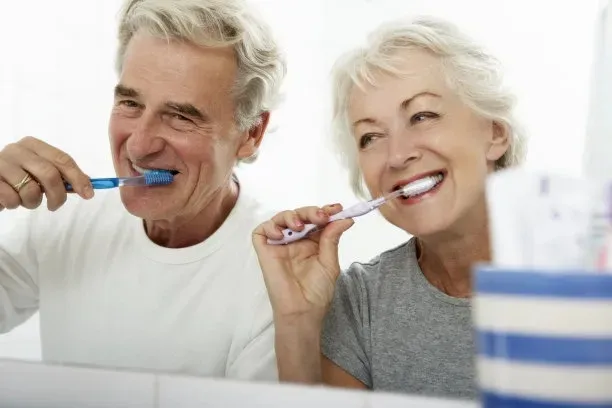
Oral health is closely related to general health, and older adults are more susceptible to oral health problems due to declining physical function and an increase in chronic diseases.
For example, older adults often face problems such as tooth loss, gum inflammation, and dry mouth. These oral health issues not only affect the diet and nutritional intake of older adults, but can also lead to the development of systemic infections and other health problems.
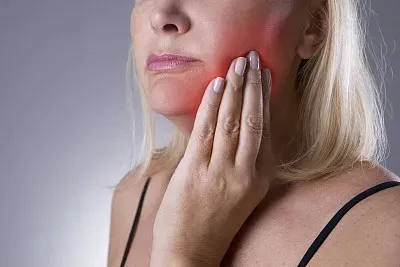
Therefore, the Japanese government and medical institutions have been working to provide comprehensive oral health care services for the elderly in order to safeguard their health and well-being.
As early as 1989, the Ministry of Health, Labor and Welfare and the Japan Association of Dental Surgeons launched the "8020 Campaign," a nationwide dental care program for the elderly.The idea is to encourage people to take care of their teeth and try to keep 20 of their own teeth by the age of 80.
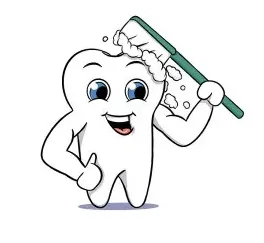
Because as long as people can have 20 intact teeth, they will be able to chew almost all the food well, and the chewing ability of teeth will directly affect the pronunciation, swallowing, digestion and other functions.
For the elderly, poor dental health also affects the quality of life in old age. In order to ensure the realization of this goal, Japan conducts regular community-based surveys of the oral conditions of the elderly for early prevention and treatment.

Sweetrip Japan's dental specialists also call on everyone to choose the right appliances, perform proper and thorough oral cleaning, have regular oral checkups, prevent periodontal disease, wear the right denture, and organize meals wisely, all of which are essential to maintaining good oral health and strong teeth.
Elderly Japanese people brush their teeth at least twice a day, sometimes three times.
Not only that, but they also floss and use mouthwash on a regular basis. These are things that we don't usually pay much attention to, but for the Japanese elderly, it has become part of their daily lives. They recognize the importance of keeping their mouths healthy for their health, and they do it as much as they can.
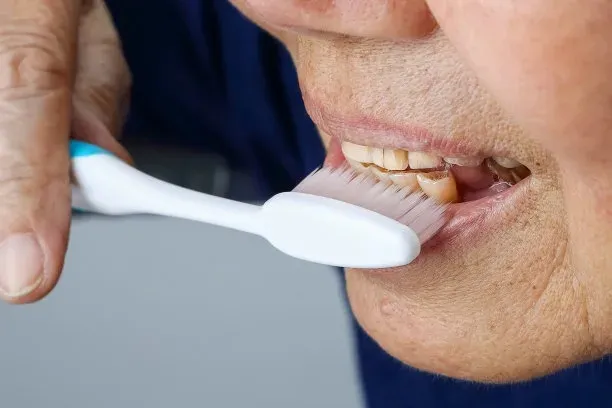
Elderly Japanese people also go to the dentist regularly.
Yes, they don't just visit the dentist when they have a toothache or other oral problems, but they have regular oral checkups and cleanings . This preventive approach allows them to identify and address potential oral problems early so that they can maintain good oral health.
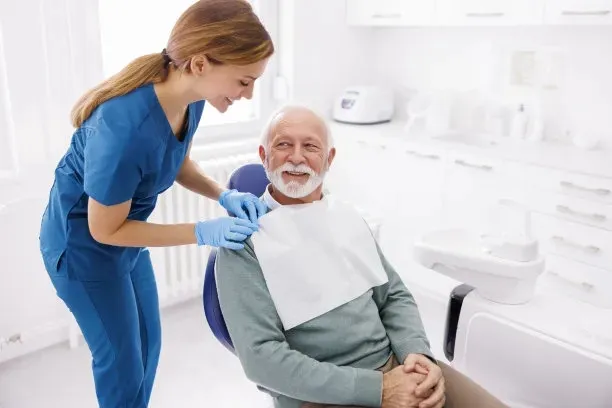
According to Japan's statistical analysis, 21% of 80-year-olds have been able to save more than 20 teeth since the launch of Japan's "8020 Dental Care Campaign". Having strong teeth not only enables Japanese people to enjoy more food, but also plays an indelible role in preventing obesity, maintaining the sense of taste, promoting correct pronunciation and socializing.
The oral health of older adults is often overlooked in our culture. We tend to think that losing teeth or having oral problems is a normal part of aging and doesn't require much attention.
However, keeping your mouth healthy is yes, and very important.
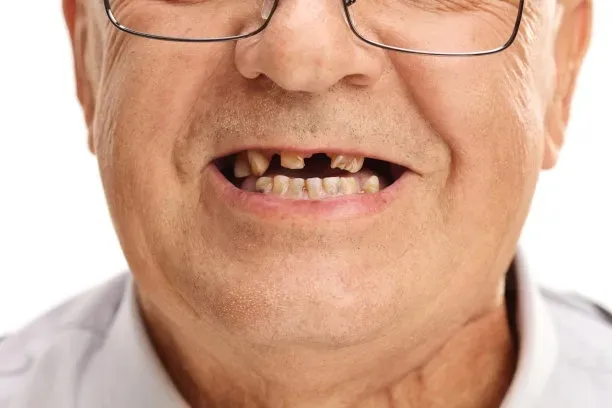
All, stop underestimating the oral health problems of seniors. Even seniors are focusing on oral health care, so what's to stop us from paying attention? Let's pursue a healthy smile together!
Let's start taking care of our oral health now! Brushing, flossing, and mouthwash are simple daily habits that can help us maintain healthy teeth and mouths. And, regular visits to the dentist are essential. We can learn from the elderly and make oral health care a part of our lives to brighten our smiles!









